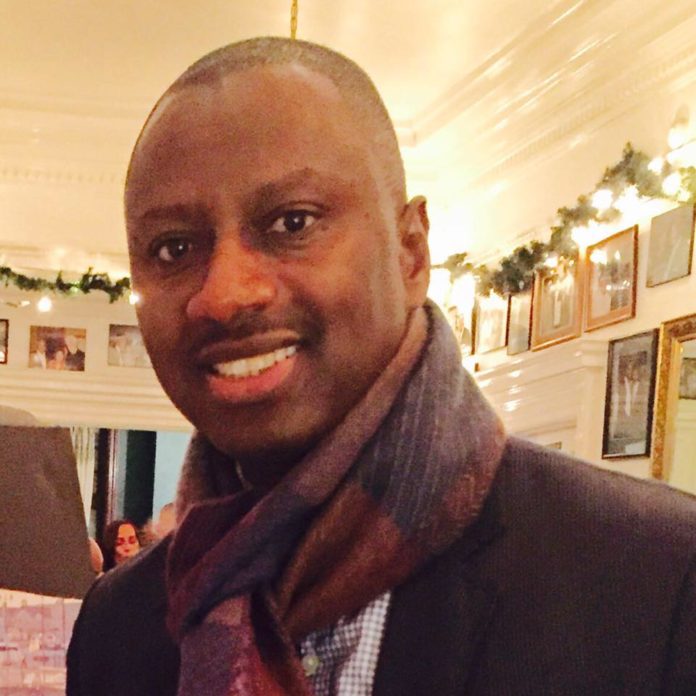With Gambia as a former British colony, it was virtually natural for Gambians to emigrate to Britain during the colonial period and after our independence. There was a sense of familiarity and we understood their ways a bit after dealing with them during the colonial days. The connection was already there. The United States and Scandinavia followed after independence too. Today, you will find large numbers of Gambians in all these places that have settled for decades and have families there. In rare cases, you will find third generation Gambians in some of these places, but it’s mostly first and second generations, since we started emigrating in significant numbers.
Given this backdrop, one would assume that by now, we would have had solid and cohesive Gambian communities in most of the places we have chosen to emigrate to in substantial numbers. But that’s not the case, judging by how fragmented we are regardless of our population in a particular area. The fragmentation is born out of the unhealthy and unnecessary competition that exist among us, in my opinion. Instead of collaborating to help and support one another, we unnecessarily compete on all fronts for individual achievements. We are too busy trying to outshine each other on the individual level, that we are oblivious about the big picture of community and the strength it can bring.
The number of Gambians in London and other major cities in England is pretty considerable given The Gambia’s population, but I am not aware of a Gambian Community Center in any of those cities set up by Gambians to help orientate and integrate new arrivals by assisting them with training, job search, or educational opportunities. The same could be said for major cities here in the United States with a noteworthy Gambian presence too, such as Atlanta, Maryland, Raleigh, Seattle and New York. On the other hand, I am aware of such Community Centers established by other immigrants in cities, such as the Confederation of Somali Community in Minnesota. They provide educational programs for Somali students of all ages, develop talent, and provide a comprehensive workforce and technical training to build job skills. They also do immigration advocacy when community members get caught by the “Immigration Net.” I am also aware of an Ethiopian Community and Cultural Center right here in Oakland and many other cities, including London, that does the same things.
There is strength in numbers, and a united community will benefit all. But for us (Gambians), an individual is first and community last. We are consumed by the “teyki competition” to see the big picture of community. The more we can isolate ourselves from the community the better, and we are now proud and virtually brag about our kids not liking our food or understanding and speaking our languages. What you now hear is “hai, kee morm daygut Olof deh” or “kee morm like-gut sunge laka yee, hamga hamut bopam.” Our kids don’t like our food so we buy them Chinese food? The Chinese kids that were born in the west do eat Chinese food (their food), but our kids who were born in the west don’t eat our food? This is neither cute nor wise, and we need to snap out of it and refuse to enable this pattern of robbing our own kids of their identity.
Here in San Francisco, every time there is a Chinese parade or cultural event, the performances are filled with third and fourth generation young Chinese kids, they are the ones inside those big dragons in the parades and they are the ones beating the drums. They have been taught the Chinese culture and they are carrying on the traditions with pride, despite never even been to China, for many of them. The same could be said about other immigrant communities too, such as the Japanese and Mexican communities. Regardless of where one is in this global world, it is important to be able to know and accept your identity because it is an integral part of humanity, and food and language play a big role in that. Lots of other people go to Gambia to learn about our languages and enjoy our food as part of their human experience, yet some of us are denying our children the opportunity to lean our own languages and appreciate our food. What an irony!
Irrespective of where you find yourself, you should still value and appreciate your identity. And if we deny that to our children, we would have done them a huge disservice. Knowing and accepting their identity will strengthen them so they too can appreciate Gambia and be able to give back, as we embark on this arduous journey of trying to build Gambia.




